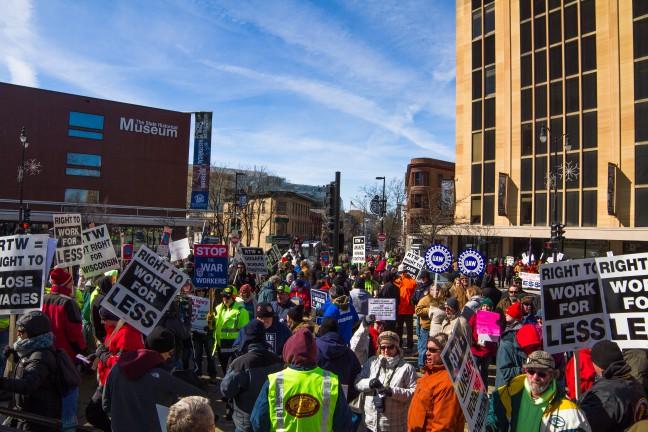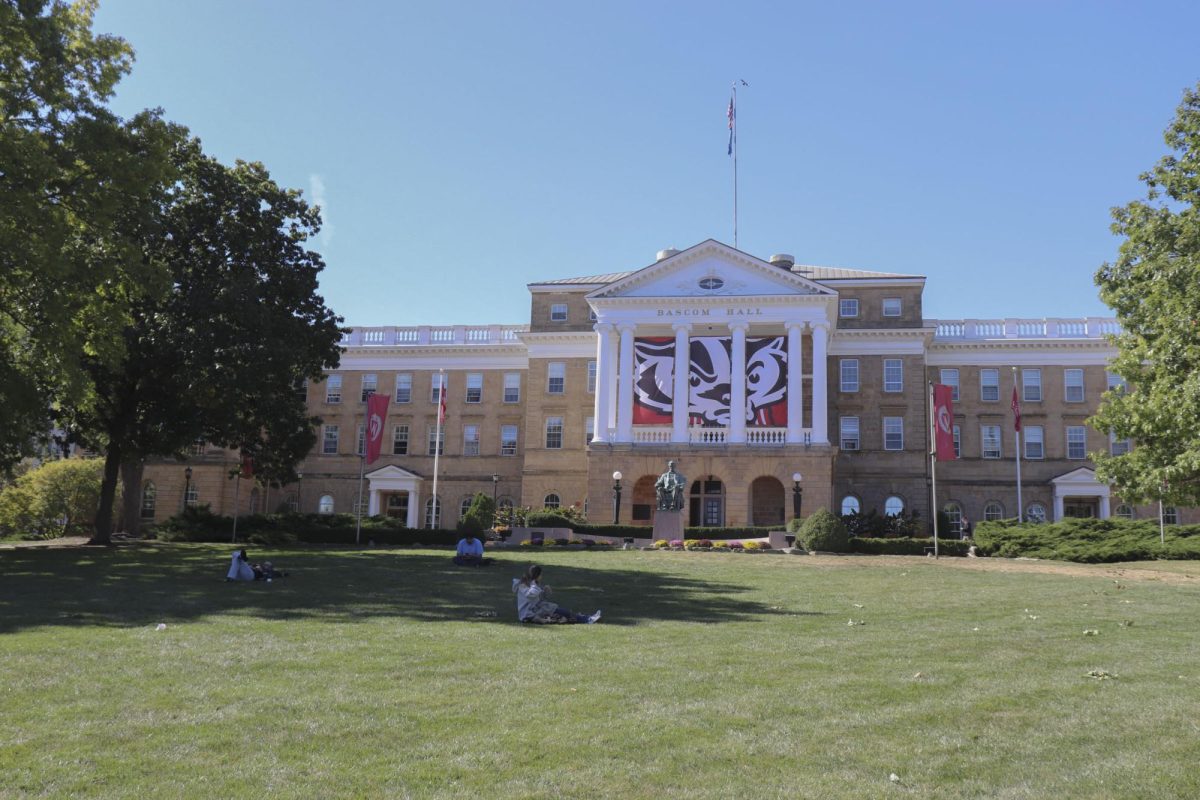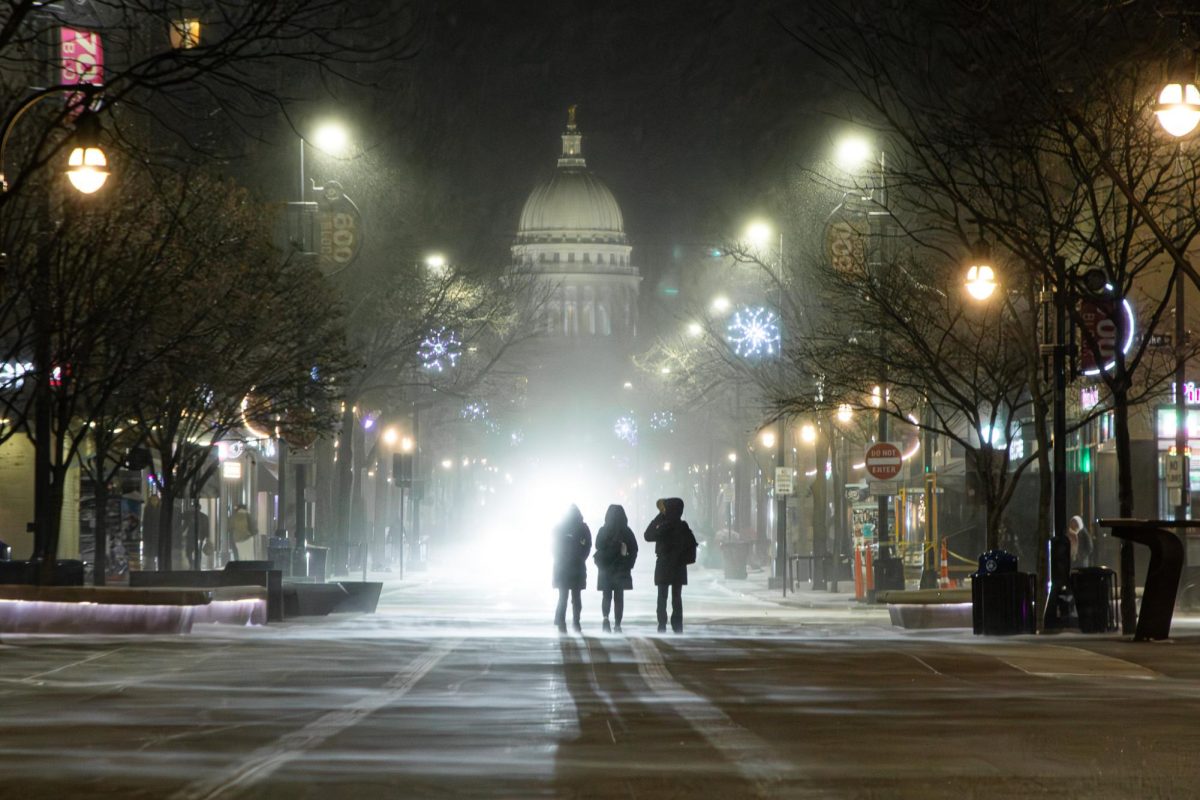Dane County Judge William Foust ruled to strike down the controversial right-to-work law Friday, saying it was unconstitutional.
The right-to-work law allows people to be employed in a private sector firm without having to belong to a union and follow the union’s rules. It also allows workers in unionized workplaces to opt out of paying union dues.
Shortly after Gov. Scott Walker signed the law March 2015, Wisconsin AFL-CIO, Machinists Local Lodge 1061 and United Steelworkers District 2 filed a lawsuit against it, calling the law unconstitutional. The unions claimed the law invades union property rights.
In the same month, Faust refused to grant a temporary injunction that would have put the law on hold. He said there was insufficient proof the unions would suffer “irreparable harm” without it.
But Foust’s Friday ruling backed the unions’ original sentiments and said the law takes away union property rights because unions have to continue providing benefits to workers who do not pay dues.
Proponents of the law, however, said it upholds worker freedom.
The law prevents workers from being forced to join unions and pay dues as a condition of employment, Assembly Speaker Robin Vos, R-Rochester, said in a statement.
“Once again a liberal Dane County judge is trying to legislate from the bench,” Vos said. “No one should be forced to join a union or pay union dues as a condition of employment.”
Worker freedom unconstitutional? Would be funny if it wasn’t so sad. #activistjudge — John Nygren (@rep89) April 8, 2016
Rep. Peter Barca, D-Kenosha, said in a statement he supported the ruling and called it a “victory for workers’ rights and middle class families.” He said the law has been shown to have a detrimental effect on wages and Wisconsin’s economy.
Barca said more than 10,000 workers were laid off in 2015 after the law was implemented. He said Wisconsin has ranked 40th in private-sector job growth, which is the lowest in the Midwest.
“A little over a year after the right-to-Work law was signed, Wisconsin’s economy and workers continue to suffer,” Barca said.
Sen. Chris Kapenga, R-Delafield, echoed Vos’ sentiments in a statement, calling the decision “disappointing.”
He noted the possibility of a future appeal, saying a higher court would ultimately uphold the constitutionality of the law.
“The legal argument that unions have a property right to the wages of workers is not only absurd, but it’s wrong,” he said.
In a statement, Sen. Jennifer Shilling, D-La Crosse, said the law attacks working families and locally-owned businesses. The ruling would save taxpayer money, she said.
“Right to Work” is wrong for America. Great news in WI—we should stand with workers in the fight for their rights. https://t.co/HxIzN5lkr6
— Hillary Clinton (@HillaryClinton) April 8, 2016
Wisconsin Attorney General Brad Schimel said in a statement he is disappointed the law was struck down. But he also hinted at a possible appeal against the ruling.
“We are confident the law will be upheld on appeal,” Schimel said.














